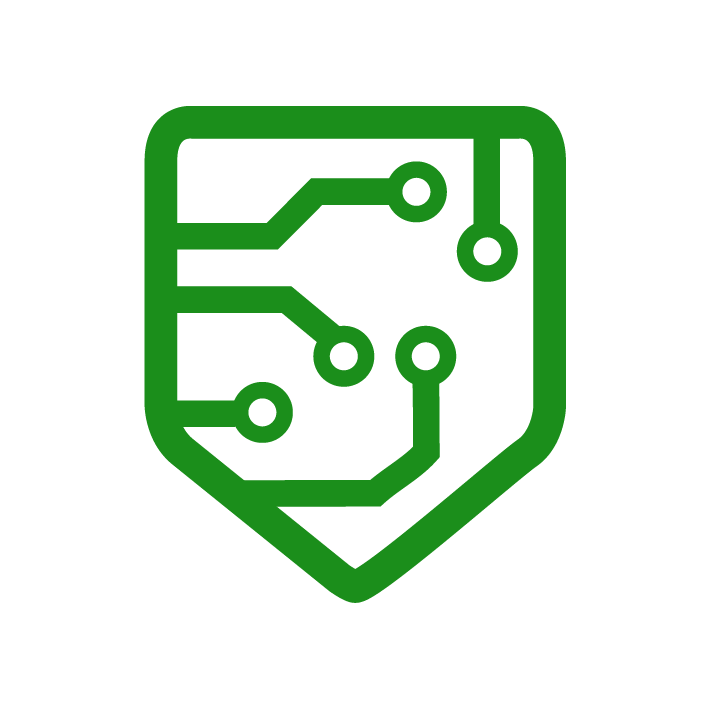As businesses and individuals continue to rely on digital platforms for communication, transactions, and data storage, the need for robust cyber security measures has never been more critical. Unfortunately, despite the growing awareness of cyber threats, common mistakes can leave individuals and organizations vulnerable to cyber attacks. In this blog post, we’ll explore some of these pitfalls and provide insights into how to avoid them.
- Weak Passwords:
One of the most common and easily avoidable mistakes is using weak passwords. Many individuals still opt for passwords that are easily guessable or reuse the same password across multiple accounts. This oversight creates a significant vulnerability, as cybercriminals can exploit weak passwords to gain unauthorized access. Encourage the use of complex, unique passwords and consider implementing multi-factor authentication to add an extra layer of security.
- Outdated Software:
Failing to keep software up-to-date is another prevalent mistake. Cyber attackers often target vulnerabilities in outdated software to launch attacks. Regularly updating operating systems, antivirus programs, and other software can help patch security flaws and protect against known vulnerabilities. Implement a robust patch management system to ensure that updates are applied promptly.
- Lack of Employee Training:
Employees are often the first line of defense against cyber threats, but without proper training, they can inadvertently become a security risk. Training programs should cover best practices for identifying phishing emails, recognizing social engineering tactics, and understanding the importance of data security. Regularly reinforce these training sessions to keep employees informed about the latest cyber threats.
- Insufficient Data Backup:
Data loss can be catastrophic for any business, yet many organizations fail to implement a comprehensive data backup strategy. Ransomware attacks, hardware failures, or accidental deletions can result in irretrievable data loss. Establish a regular backup routine and store backup copies in secure, offsite locations. Regularly test the restoration process to ensure that backups are viable when needed.
- Ignoring Mobile Security:
With the increasing use of mobile devices for work-related tasks, mobile security is a critical aspect of overall cyber security. Neglecting to secure mobile devices can expose sensitive data to unauthorized access. Encourage the use of secure Wi-Fi networks, implement device encryption, and enforce the use of strong passwords on mobile devices.
As the digital landscape evolves, so do the tactics employed by cybercriminals. By avoiding these common cyber security mistakes, businesses can significantly enhance their resilience against cyber threats. Prioritizing cyber security measures, investing in employee education, and staying vigilant against emerging threats are essential steps toward creating a robust defense against the ever-evolving cyber threat landscape. At SafeNet, we are committed to helping you navigate the digital minefield and safeguard your digital assets against cyber threats.





